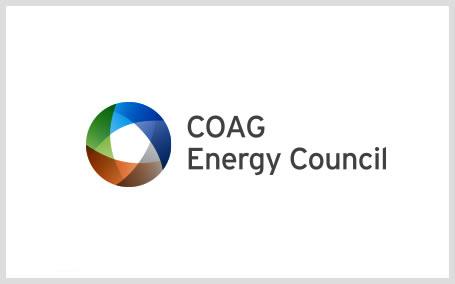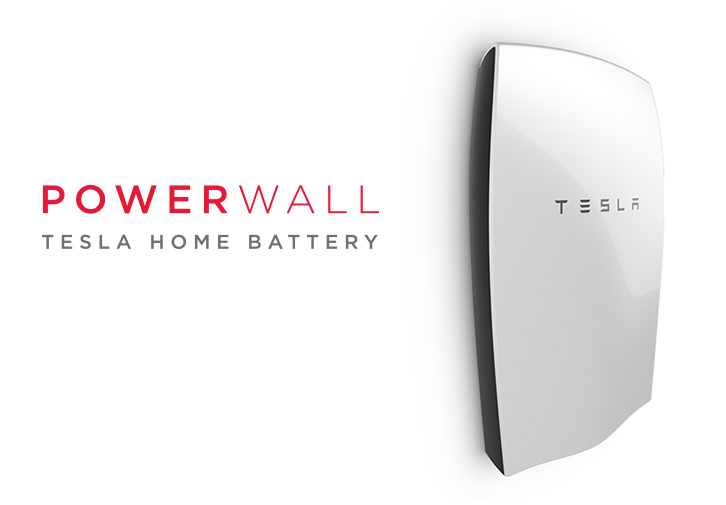The South Australian Premier, Jay Wetherill has announced that a deal has been made with Tesla to install 50,000 rooftop solar PV systems and Tesla batteries on homes in South Australia. The total capacity of the solar PV is expected to be around 250 MW or the size of a small power station.
The first 1,000 systems are already under way, being built by Housing Trust which is the South Australian Government’s low-cost housing arm. If successful, a further 24,000 government households will have the system installed, before being opened to private participation.
The details of the deal between the South Australian Government and Tesla is not known. Specifically, any success criteria to the first 1,000 installations and any cancellation clauses have not been disclosed. Cancellation clauses are particularly relevant given South Australia is facing an election on 17 March 2018. Prime Minister, Malcolm Turnbull, has warned against further experiments in the state’s electricity grid indicating that the Liberal party was unlikely to be supportive of a battery trial.
It is conceivable that a combination of batteries and solar PV may help to stabilise the local grid. The announcement by Mr Wetherill indicated that they would be looking for a retailer to manage the batteries. With a high correlation between low system security and low energy prices, retailers may have interest to dispatch the batteries when the energy prices are high, thereby mitigating their costs. Given the solar and battery system installations will be relatively small, they will not form part of central dispatch. This means that they cannot be relied upon by the Australian Energy Market Operator (AEMO) for system security. Control could be given to the distribution provider, who would be responsible for the low-voltage network instead of the retailer.. The distribution provider may want to dispatch the batteries at times of low prices to suit the network. This would reduce the revenue gained which would effectively make the pay back period on the batteries longer.
There is no doubt that the large battery installed by Tesla in South Australia has been a great publicity stunt for both the government and Tesla, however it would be interesting to understand which companies were invited to bid for the work and the selection criteria. There are a large number of Australian companies waiting to launch battery products at a large scale. Edge has previously reported on Planet Ark Power looking to reduce prices at Llewellyn Motors. Closer to Jay Wetherill’s home is Zen Energy and there are many other Australian companies wanting a chance to bid for a contract of this nature.
If you would like to know more about renewable energy projects and how they could assist with reducing your energy costs, please contact Edge on (07) 3232 1115 or 1800 334 336.

